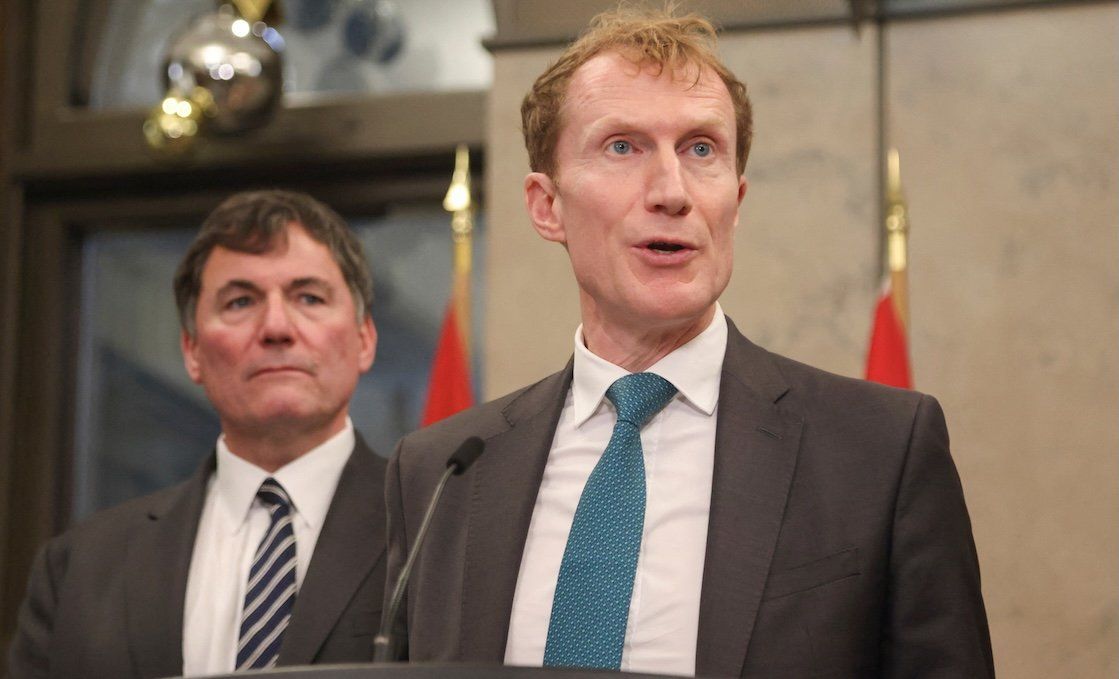Canada's Minister of Immigration, Refugees and Citizenship Marc Miller speaks at a press conference about the government's border plan as Public Safety and Finance Minister Dominic LeBlanc listens, on Parliament Hill in Ottawa, Ontario, on Dec. 17, 2024.
Canadian Immigration Minister Marc Miller announced last Friday that Ottawa will pause new parent and grandparent sponsorship applications to address a 40,000-application backlog. Simultaneously, thousands of migrant caregivers find themselves in limbo as the government hits the brakes on proposed pathways to permanent residency, leaving many without legal status.
The moves represent the latest reversals of Prime Minister Justin Trudeau’s ambitious immigration policies, implemented in 2016, which sought to expand family reunification and increase overall permanent residency applications to 305,000 a year. Those numbers climbed further after the COVID-19 pandemic when the government admitted over 437,000 new permanent residents and 604,000 temporary workers in 2022, and 471,550 new permanent residents and 1,646,300 temporary workers in 2023. During the same period, the government also finalized close to 2,000,000 study permits. Those permits have now been capped at 437,000 for 2025.
Immigration is seen by some as the undoing of Trudeau, who announced his resignation on Jan. 6 after nine years in power. The PM’s ambitious post-pandemic immigration targets brought the population to 40 million, but housing shortages, rising rents, and stretched social services fueled voter discontent. Traditionally low opposition to immigration soared from 27% to 58% in the past two years, “the most rapid change over a two-year period since Focus Canada began asking this question in 1977,” according to Environics.
